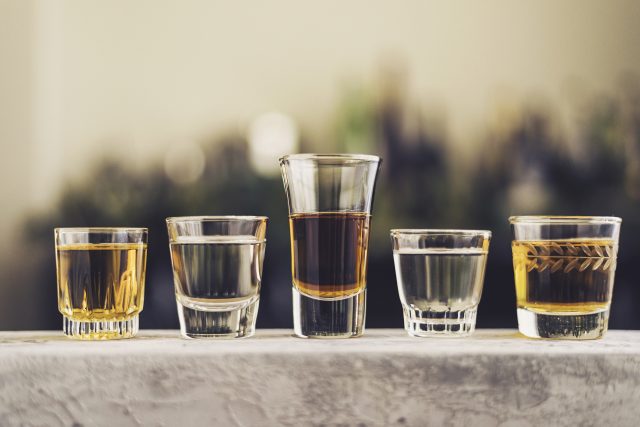This website uses cookies so that we can provide you with the best user experience possible. Cookie information is stored in your browser and performs functions such as recognising you when you return to our website and helping our team to understand which sections of the website you find most interesting and useful.
Spirits increases market share over beer and wine in US
Last year spirits increased their market share in the US over beer and wine for the second year in succession, despite showing only marginal growth, the Distilled Spirits Council of the U.S said in its annual economic report.

Spirits revenue grew by just 0.2% to $37.7 billion in the year but sales outpaced beer and wines by 0.4% and 26.1%, respectively.
Chris Swonger, the President and CEO of Discus said that although high inflation and interest rates had dampened consumer spending, the beverage alcohol industry had remained strong in the aftermath of the coronavirus pandemic boom.
“The spirits sector showed resilience in 2023, navigating through the choppy wake of the pandemic and maintaining our market share lead of the total beverage alcohol market,” said Swonger.
“The phenomenal sales growth we saw during the pandemic was unprecedented and unpredictable but also unsustainable, and now the spirits market is recalibrating.”
Vodka remained the top-selling spirit at $7.2 billion 2023, while the second-highest selling category, tequila and mezcal ($6.5 billion), gained further ground on American whiskey (US$5.3 billion)
Tequila and mezcal, blended whiskey and American whiskey were among the fastest-growing spirits categories by revenue.
Swonger also was optimistic about the spirits industry’s strategy of premiumisation, despite the increased reluctance of consumers and the emergence of evidence of downtrading reported in recent results by Remy Cointreau, Diageo, LVMH and Constellation.
During the Covid-19 pandemic lockdowns, US consumers turned to higher-quality spirits as the home cocktail trend boomed. Since that peak in 2021, top-end spirits sales have started to dwindle.
Though some parts of the industry have weakened, the rapid rise of ready-to-drink cocktails has been a bright spot for in the sector.
Premixed cocktails were the fastest-growing spirits category last year, rising 26.7% to $2.8 billion in revenue, Discus reported.
Commenting on the Discus report, Marten Lodewijks, head of consulting at IWSR told CNBC: “Despite the hard seltzer craze we witnessed from 2017 to 2021 which was malt-driven, spirits-based products have actually grown faster, just off a smaller base.”
“Spirits-based products, including the vodka- and tequila-based hard seltzers that entered the picture later, offer consumers a slightly more premium experience, and that has been key to their success.”

